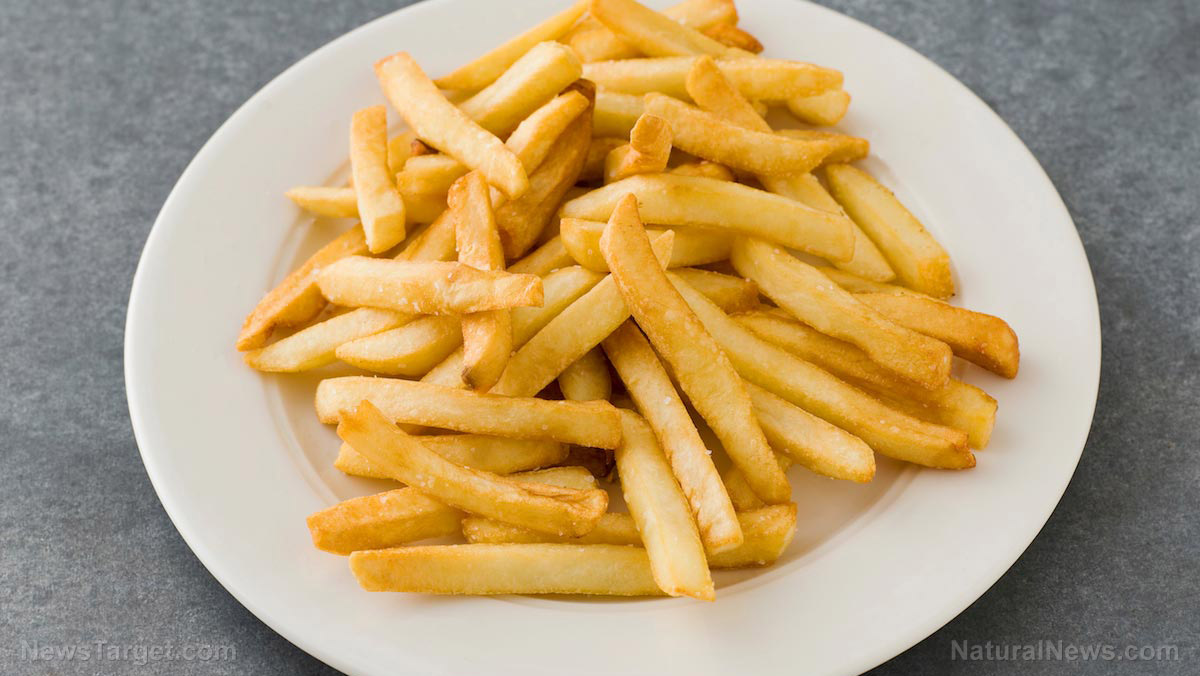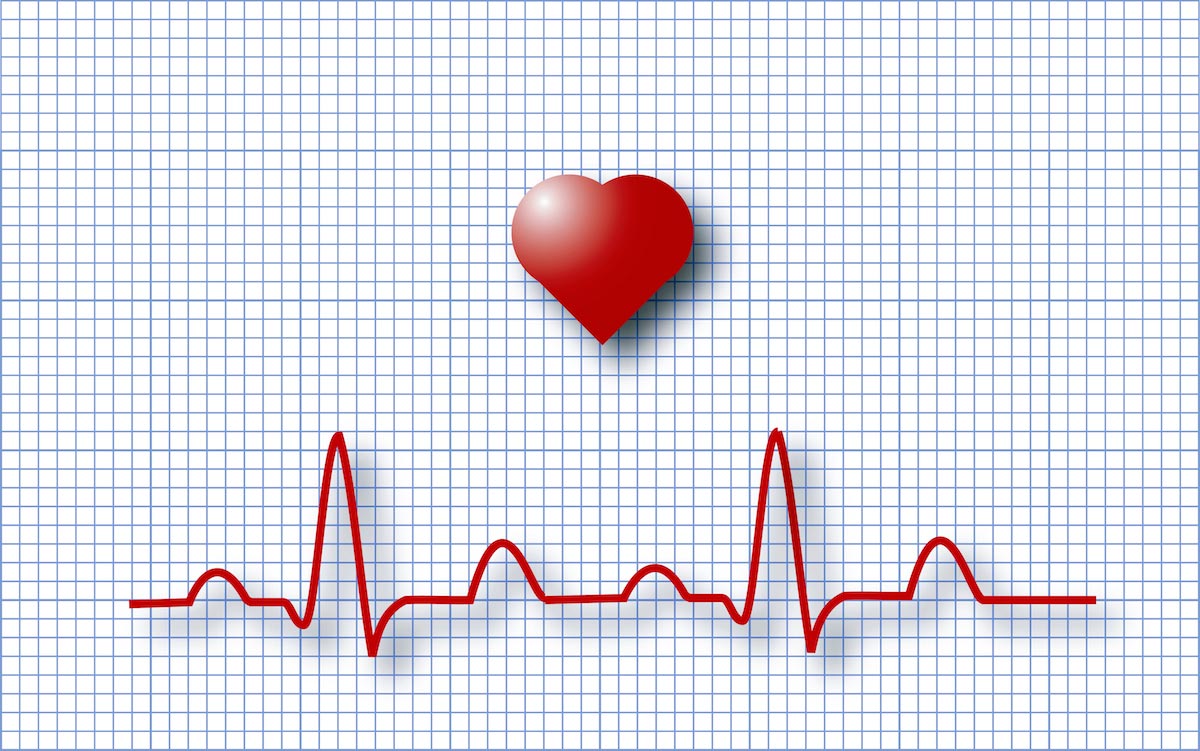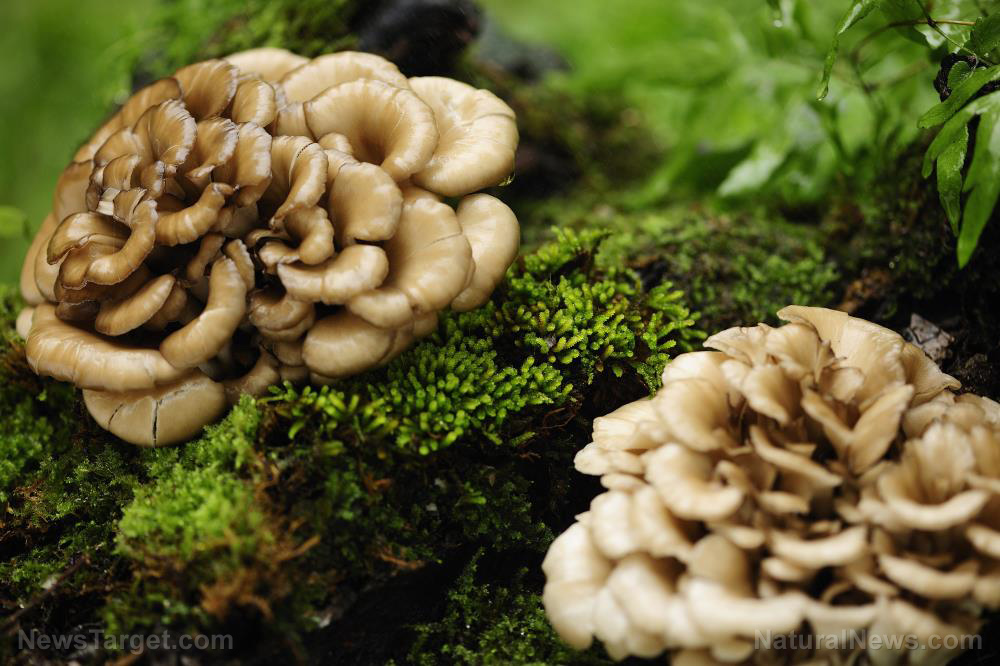Moms, take care of your diet: Eating a lot of salty foods while pregnant can increase the risk of your child having a cardiovascular condition
03/28/2019 / By Michelle Simmons

Pregnant mothers should really be watchful of what they eat as they are eating not only for themselves, but also for their baby. For one, pregnant moms should be wary of eating a lot of salty foods. A study published in the Journal of Hypertension has revealed that consuming too much salt during pregnancy can increase the risk of their child having a cardiovascular disease.
Salt intake has been shown to affect blood pressure. Eating too much of it can lead to high blood pressure, also known as hypertension. This occurs because salt makes the body hold on to water, and this extra water stored in the body increases your blood pressure. Therefore, the more salt you eat, the higher your blood pressure is. High blood pressure, in turn, causes strain on the heart, arteries, kidneys, and brain, which can result in heart attack, stroke, dementia, and kidney disease. (Related: Yes, eating too much salt can harm your body… but the right kind of salt can boost your mineral intake.)
The study was conducted by a team of researchers from China who aimed to determine whether and how eating too much salt during pregnancy affects the cardiovascular health of their offspring. For the study, they fed pregnant rats with either normal-salt or high-salt diet.
The results revealed that a high-salt diet resulted in an increase in the levels of oxidative stress markers in blood samples and mesenteric arteries in the offspring. The offspring of pregnant rats fed with high-salt diet also experienced declines in their levels of antioxidants, superoxide dismutase, and catalase, while they experienced increases in oxidative stress markers. The increase in oxidative stress damaged the renin-angiotensin system, a hormone system that regulates blood pressure and fluid balance.
These results indicate that high intake of salt during pregnancy can increase oxidative stress and damage blood vessels, which can lead to an increased risk of the child having a cardiovascular disease. The findings of the study provide new information for understanding and early prevention of cardiovascular diseases in fetal origins.
Foods that are high in salt
High amounts of salt are commonly found in processed foods, such as potato chips, canned soups, and frozen dinners. However, there are also foods that are surprisingly high in salt, such as:
- Bread: One slice of white bread contains nearly 150 milligrams (mg) of sodium, which can add up as you eat more bread.
- Cereal: Having a bowl of cereal for breakfast may seem to have more sugar than salt. However, some cereals actually contain a lot of salt. Corn flakes, for example, contains 204 mg of sodium in a one-cup single serving. It may not seem much, but how much cereal do you actually put in your bowl?
- Condiments: The condiments you add to your food also affect your salt intake. Some condiments you should limit include ketchup, which has 154 mg of sodium per tablespoon, barbecue sauce, which has 175 mg, and Caesar salad dressing, which has 178 mg.
- Sweet drinks: Yes, even sweet drinks have some salt hidden in them. For example, a 16-ounce hot cocoa mix prepared with water contains 408 mg of sodium.
In addition to avoiding these high-sodium food sources, you can also reduce your salt intake by doing the following:
- Eat more homemade food: It is better to cook your own food at home, instead of buying outside. Homecooked meals typically have less salt than processed foods or food cooked in a restaurant. By cooking your own food, you can also control what you put into your food. You can control how much and what type of salt you put in your food.
- Choose fresh over prepared snacks: Snacking on fruits or vegetables is better than eating prepared foods like cookies or cakes.
- Check the label: A food that does not taste salty may still contain sodium. To be sure, read the nutrition label to see how much salt is in the product.
Sources include:
Tagged Under: cardiovascular disease, children's health, heart attack, high blood pressure, high salt diet, hypertension, pregnancy, salt intake, salty foods, sodium, sodium intake, stroke



















